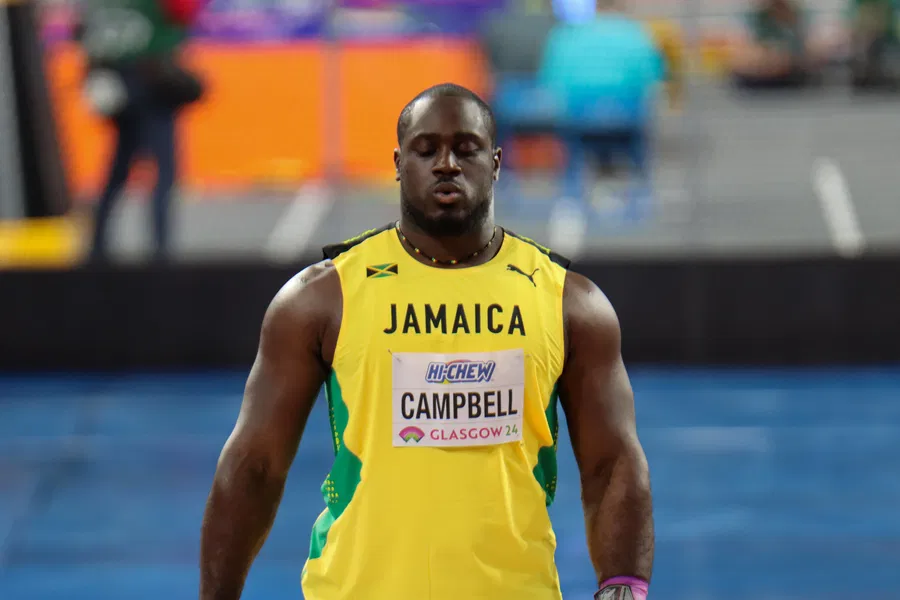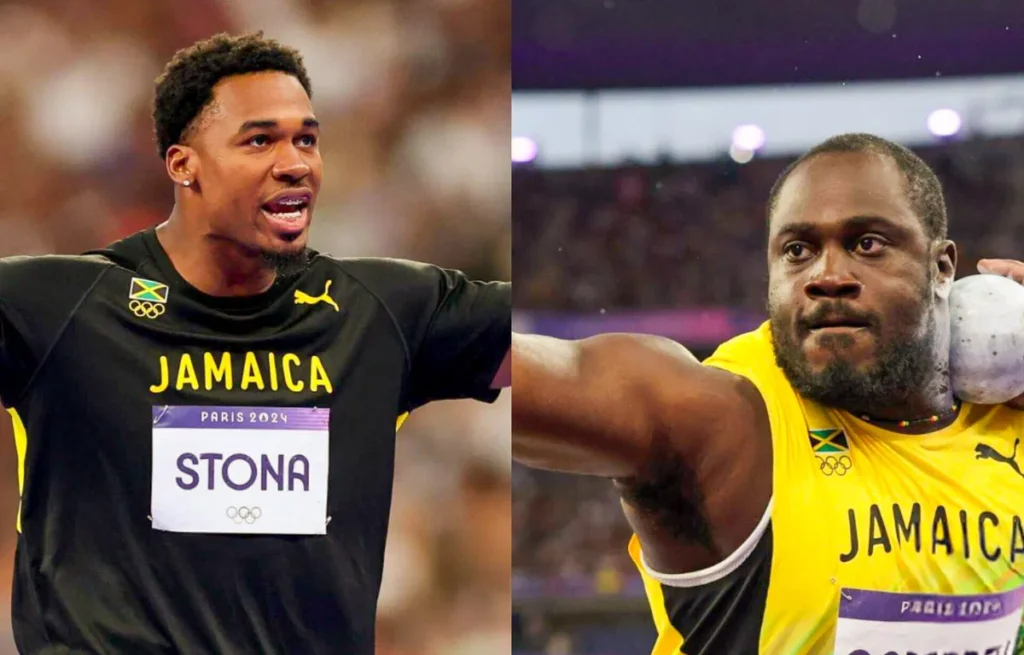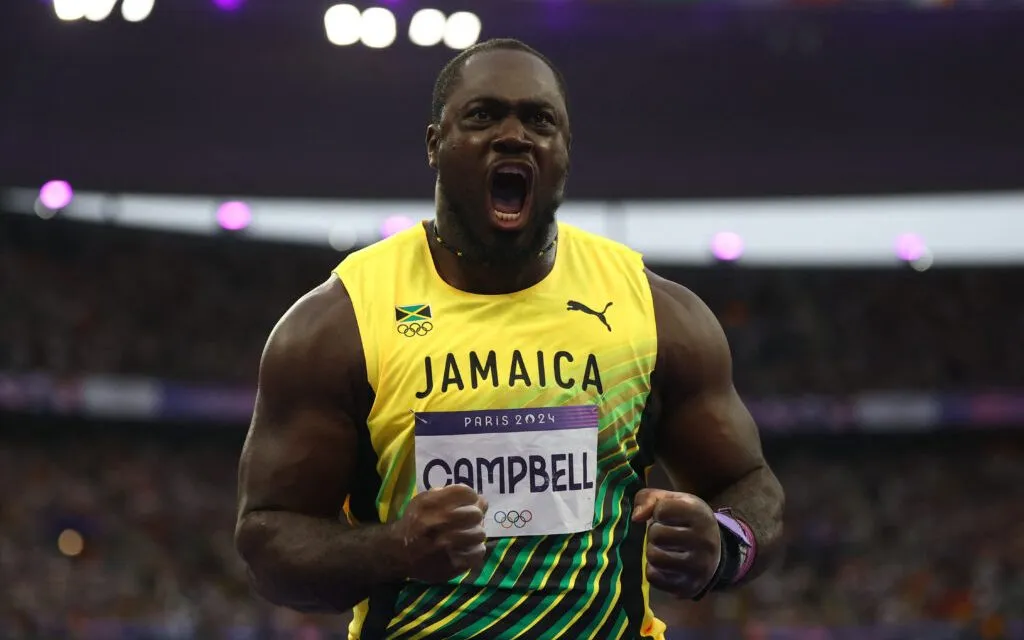Paris Olympics bronze medalist Rajindra Campbell officially traded Jamaica’s national colors for Turkey’s. The decorated shot putter opened up this week about the frustrations that led to his decision.
Speaking to Coach’s Desk TV on June 24, Campbell revealed that a lack of sponsorship opportunities and institutional support played a central role in his switch.
Despite Jamaica’s national team being backed by Puma, Campbell has remained unsponsored, a situation he believes exposes the federation’s misplaced priorities.
“I believe that if you’re a national sponsor and you sponsor a national team, you should prioritize your athletes. That’s just common sense,” Campbell remarked during the phone interview.
“Adidas has made more of a push to sponsor Jamaican athletes than Puma… They [Puma] have no interest in throwers. That’s what I was told.”
Contract Controversies and Transparency Issues

Campbell also detailed issues embedded within the Puma sponsorship deal. According to him, certain contractual provisions benefit federation programs rather than directly supporting individual athletes.
“If there was a switch that was necessary, obviously they’re going to cover whatever the contract is doing. What that proves to me is that they care more about their ally to the sponsor and not their ally to the country,” he explained.
The lack of communication and transparency surrounding these agreements has further frustrated athletes like Campbell. He voiced concerns that without changes in how athletics is managed in Jamaica, “more athletes will leave.”
Campbell disclosed that someone within the sporting community informed him about Adidas’ more athlete-focused contracts.
“The majority of those who went to the Olympics got a contract with Adidas,” he claimed.
New Chapter in Turkey

This growing disillusionment has already driven some of Jamaica’s top talents away. Both Rajindra Campbell and fellow thrower Roje Stona have since declared for Turkey, lured by a lucrative $500,000 signing bonus and a host of financial perks.
Ironically, as these defections unfolded, the Jamaica Athletics Administrative Association (JAAA) extended its multi-million dollar partnership with Puma. Despite reports suggesting Adidas had tabled a $6 million offer, the JAAA reaffirmed its loyalty to Puma.
While JAAA President Garth Gayle praised Puma for its contribution to grassroots initiatives and national events like the Boys’ and Girls’ Championships, calls for increased transparency in contract dealings were met with silence.
Campbell’s departure signals a statement about systemic issues within Jamaican athletics. Unless governing bodies prioritize athlete welfare and sponsorship equity, the risk of losing world-class talent to other nations will only grow.


